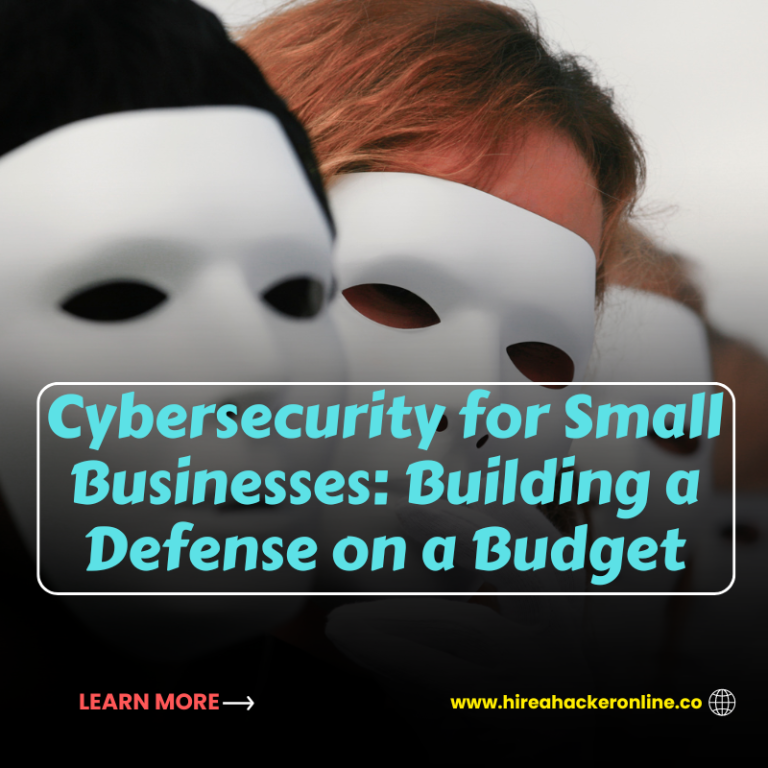In today’s digital age, cybersecurity is no longer a luxury but a necessity for businesses of all sizes. While large corporations often have dedicated IT teams and substantial budgets for security, small businesses often face significant challenges in protecting their sensitive data and systems. However, with a strategic approach and cost-effective measures, small businesses can build a robust defense against cyber threats.
Understanding the Threat
The first step in building a strong cybersecurity posture is understanding the risks. Cybercriminals often target small businesses because they perceive them as easier to breach due to limited resources and less sophisticated defenses. Common threats include phishing attacks, malware infections, ransomware, and data breaches.
Prioritize and Protect
While it’s impossible to eliminate all risks, small businesses can prioritize their efforts by identifying critical assets. Determine which data and systems are most valuable to your business and focus on protecting them first. This might include customer information, financial records, and intellectual property.
Employee Education
Your employees are often the first line of defense against cyber threats. Investing in employee training is crucial. Educate staff about phishing scams, password hygiene, and the importance of recognizing suspicious emails or attachments. Regular training sessions can significantly reduce the risk of human error.
Basic Cybersecurity Measures
Several cost-effective measures can bolster your small business’s cybersecurity:
- Strong Passwords: Encourage employees to create complex and unique passwords for all accounts. Password managers can help with this.
- Regular Software Updates: Keep operating systems, applications, and antivirus software up-to-date with the latest patches to address vulnerabilities.
- Backup Regularly: Implement a regular backup system to protect your data from loss or corruption due to ransomware or hardware failures.
- Secure Wi-Fi Networks: Use strong encryption and change default passwords on your Wi-Fi router. Be cautious about using public Wi-Fi for sensitive tasks.
- Limit Access: Implement access controls to restrict employee access to sensitive data based on their roles and responsibilities.
- Mobile Security: Protect company devices with strong passwords, encryption, and mobile device management solutions.
- Firewall Protection: A firewall can help prevent unauthorized access to your network. Consider a hardware or software firewall based on your needs.
Cost-Effective Tools and Services
There are numerous affordable cybersecurity tools and services available for small businesses:
- Cloud-Based Security Solutions: Many cloud-based providers offer security features like data encryption, intrusion detection, and backup services at reasonable prices.
- Free Antivirus Software: There are reputable free antivirus options that provide basic protection against malware.
- Managed Security Service Providers (MSSPs): Consider outsourcing some security functions to an MSSP, which can be more cost-effective than hiring in-house IT staff.
Incident Response Planning
Even with the best precautions, cyberattacks can occur. Having an incident response plan in place can help minimize damage and downtime. Outline steps to take in case of a breach, including contacting law enforcement, notifying affected parties, and restoring systems.
Continuous Improvement
Cybersecurity is an ongoing process. Stay informed about the latest threats and vulnerabilities through industry news and resources. Regularly review and update your security measures to adapt to the evolving threat landscape.
By implementing these strategies, small businesses can significantly enhance their cybersecurity posture without breaking the bank. Remember, prevention is always cheaper than remediation. Investing in cybersecurity today can protect your business from costly disruptions and reputational damage in the future.




